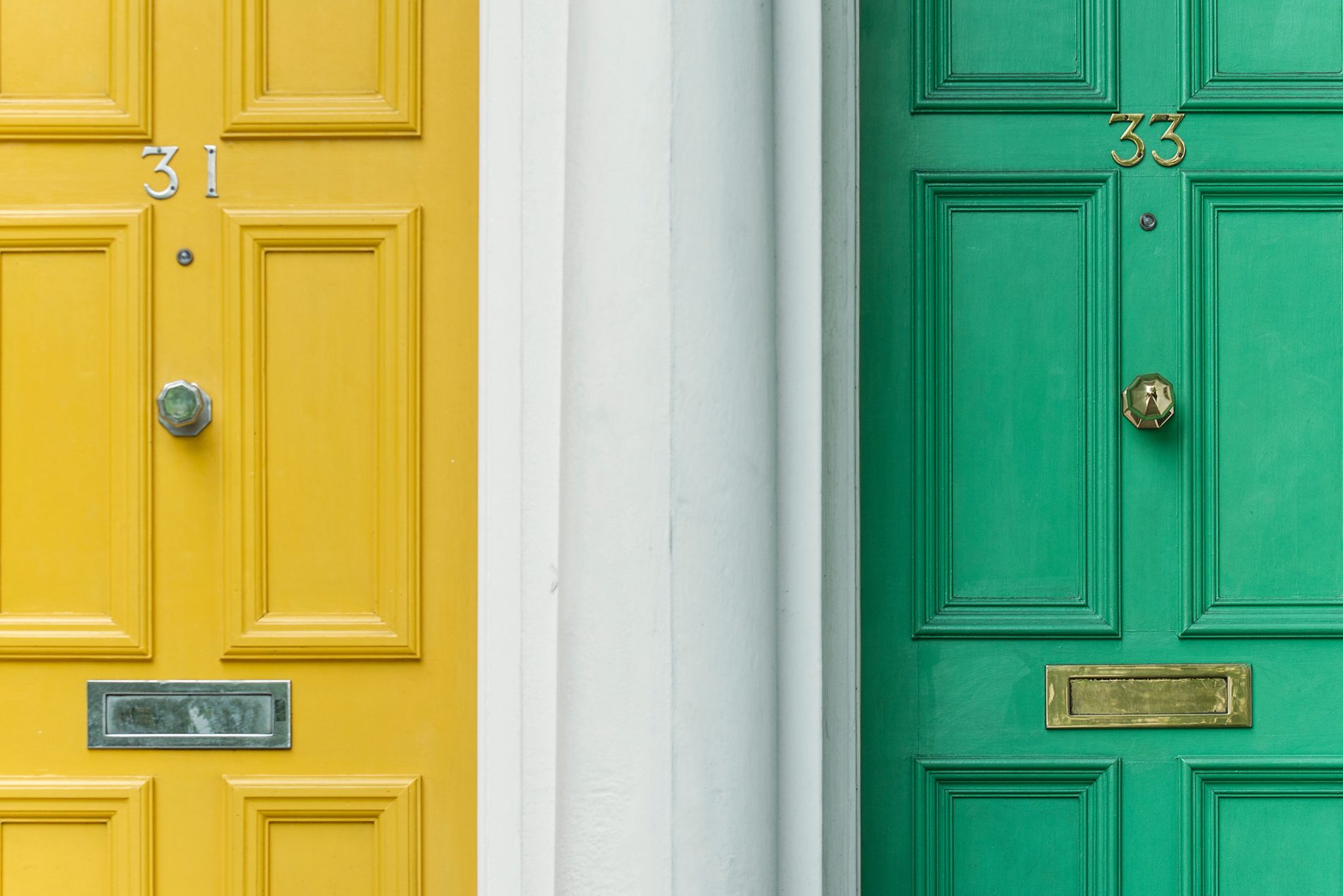Creating a more sustainable home is not something that you can achieve overnight. It’s a journey, not a destination. It takes time to research sustainable alternatives and make changes like adding wall beds from Silverline Systems Boise Idaho to save some room in construction. Having said that every switch or change you do adds up.
Switching to Reusable Products
One of the easiest changes you can make in your home is to start switching to reusable products. Although, this is not something that you can do overnight. Often the sustainable alternatives are more expensive than their disposable counterparts. Which means you’ll have to make switches as and when you can. To learn more just read the posts at this Home Improvement News Page news website.
An easy way to switch to reusables is to track what you are throwing away. If a disposable product is about to go in your bin make a note of what it was. Then research a more sustainable alternative for that product.
Here are a few ideas for you to get you started:
- Switch from cling film to beeswax wraps
- Switch from disposable water bottles to a reusable one
- Switch from baking paper to reusable baking mats
- Switch from disposable plastic razors to a safety razor
- Switch from a disposable coffee cup to a reusable one.
- Switch from disposable plastic plates to sustainable dinnerware sets from https://farandaway.co/
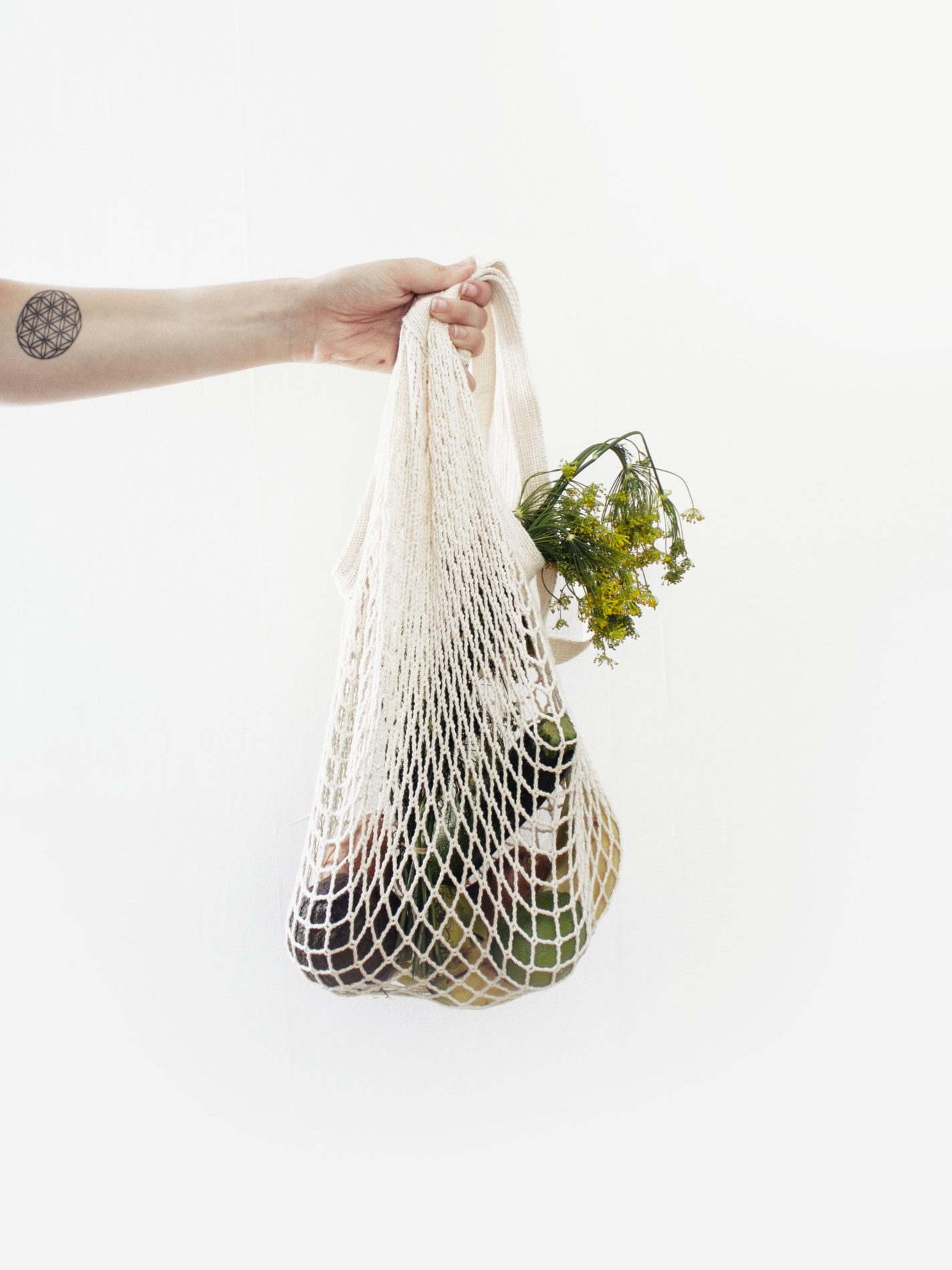
In the photo: Switching to reusable shopping bags can great reduce plastic consumption. Photo Credit: Sylvie Tittel
Set Up a Composting System
Setting up a composting system in your home is not as hard as people think. With the advances in technology, there is a system for every home.
Homes with Gardens
If you have a garden you can set up a traditional composting system which you can buy at most garden centres. You can put all food waste in it besides meat products. It’s also a good idea to mix it with garden waste including leaves and grass cuttings. Add brown waste too such as cardboard & bamboo toothbrushes. You may need to mix it up every now and then but other than that it takes care of itself. To maintain the cleanliness of your garden when there are fallen leaves, you can use a backpack leaf blower for efficiency.
Homes Without Gardens
If you don’t have an outside space at home there are indoor alternatives. Such as vermicomposting (worm composting) or Bokashi composting. There are also indoor hot composters but as these are new technology they can be expensive.
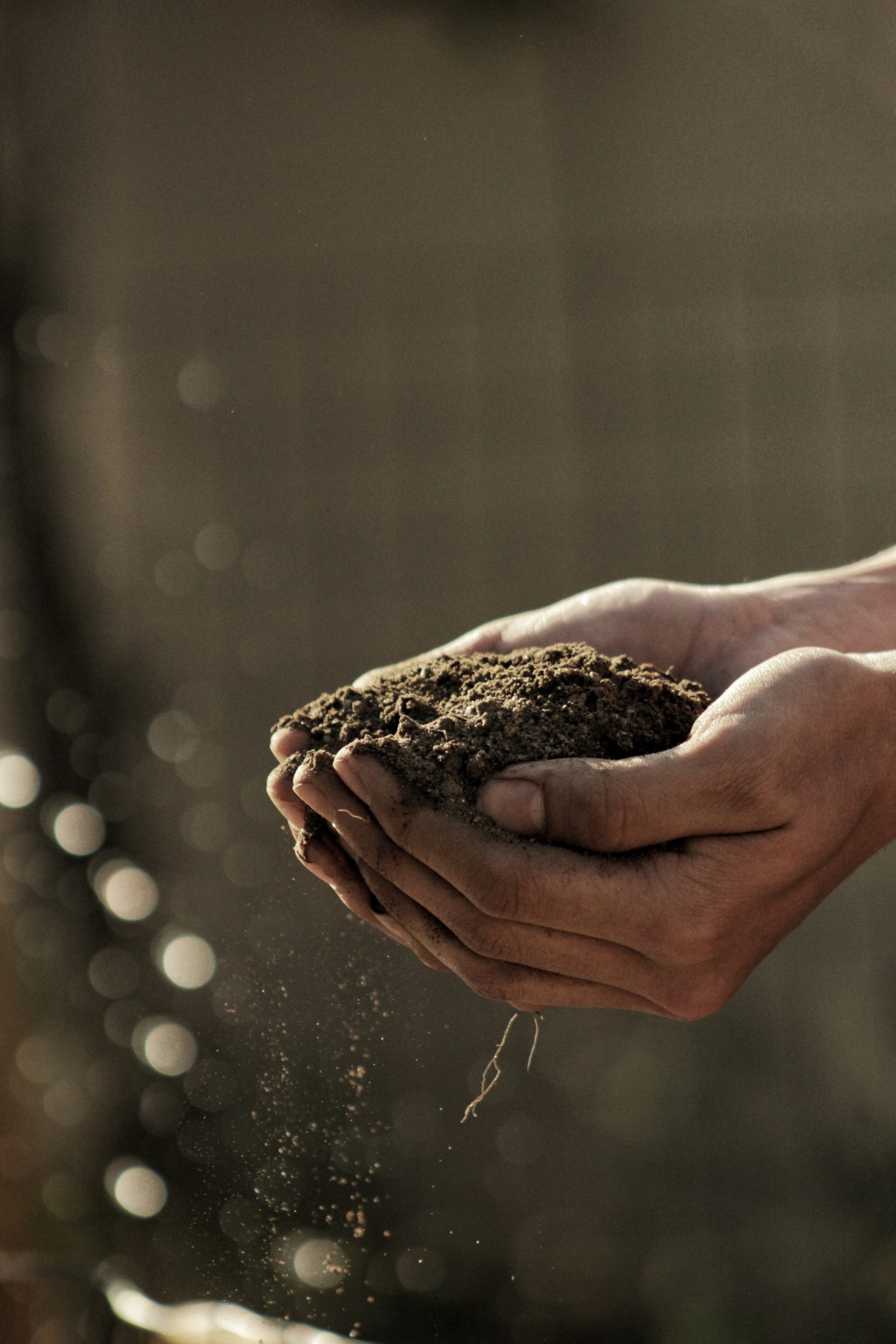
In the photo: Composting is easy with or without a garden. Photo Credit: Gabriel Jimenez
Switch to LED Low Energy Light Bulbs
If you’re looking for an easy switch then low energy light bulbs are the way forward. When a bulb in your home blows replace it with a new energy efficient one. There are lots of different types out there now and the prices have come down since they were first on the market.
Opt for Non-Toxic Cleaning Products
There are lots of eco-friendly cleaning products that you can buy or you can make your own. Homemade cleaners are less expensive than the store-bought alternatives. And they’re better for you and the environment. If you do decide to make your own you’ll also reduce your plastic waste from the containers.
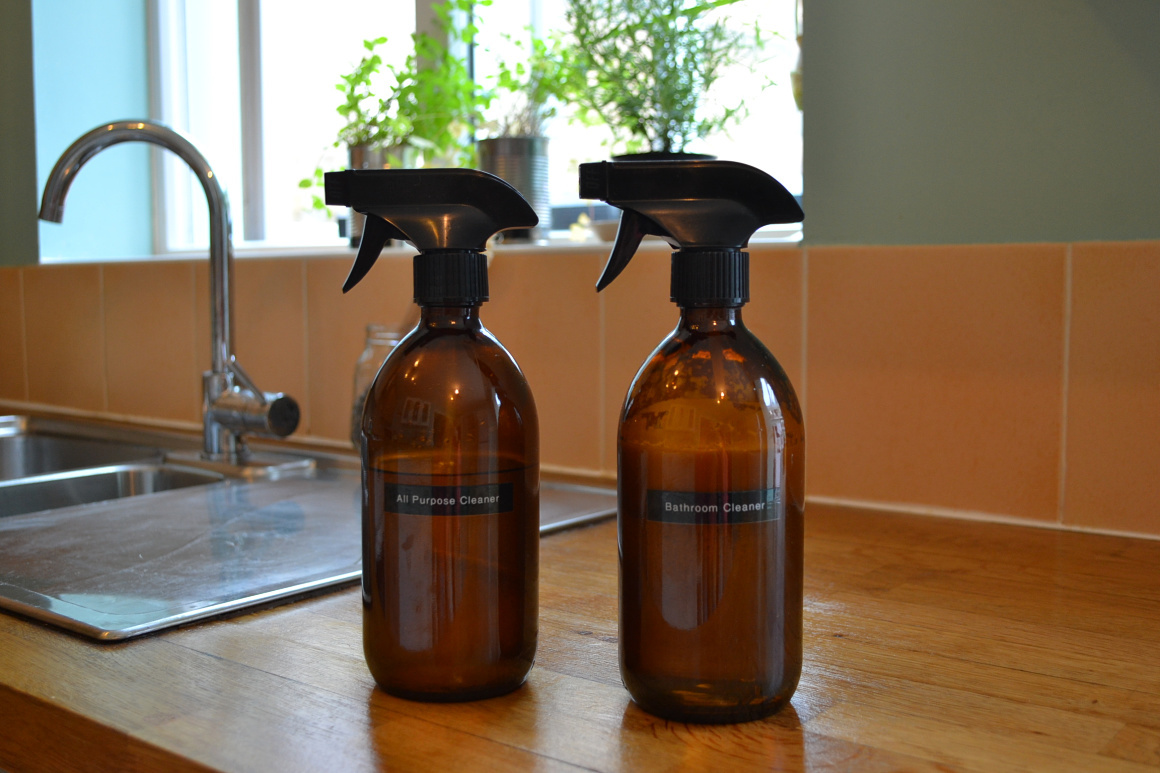
In the photo: Homemade cleaning products save on plastic and toxic chemicals Photo Credit: Gina Caro
Install Solar Panels
If you want to create a big impact at home then you should consider having solar panels installed. Not only is solar power renewable clean energy it can also save you money in the long run.
However, there are some things to consider before you commit to solar panels:
- How long do you plan to stay in your home?
- How long will it take to get your money back on your investment?
- Is there a government-funded grant scheme in your area?
Installing solar panels is not for everyone as it’s a big initial investment. However, it’s certainly worth considering if you’re living in your forever home.
Buy Local
By buying locally you’re not only supporting local businesses but also reducing the carbon footprint of your supplies. Your food travels on average 1,500 miles before it reaches your dinner table. Local food and products have travelled less and you travel less to get them.
You are also more likely to find products that are package free in local farm shops and stores. Which helps to reduce your household waste even further.
![]()
In the photo: Buying local produce reduces packaging and food miles. Photo Credit: Rawpixel
Reduce your Meat Consumption
It’s no secret that the carbon emissions from meat production is high and has a massive impact on our planet. It’s one of the main reasons so many people are opting to go vegan.
If becoming vegan or vegetarian isn’t for you then consider cutting back on meat instead. You may have heard of Meat Free Monday? Why not give it a go and see how you get on.
The main meat to cut back on is red meats such as beef.
Insulate your Home
If you haven’t already, you should have your home insulated with insulation spray foam. Heat loss can cost you a lot of money as you have to have your heating up higher than normal.
By insulating your home with options like Spray Foam, you reduce your heating bills and reduce your carbon footprint. It’s a win-win situation.
There are also lots of insulating products that you can buy for your home including:
- Self-adhesive foam tape for your windows & doors
- Strip insulation for loft hatches
- Weatherstrips
- Letterbox brush
- Chimney draft excluders
Alternatively, you can hire an expert to do it all for you.
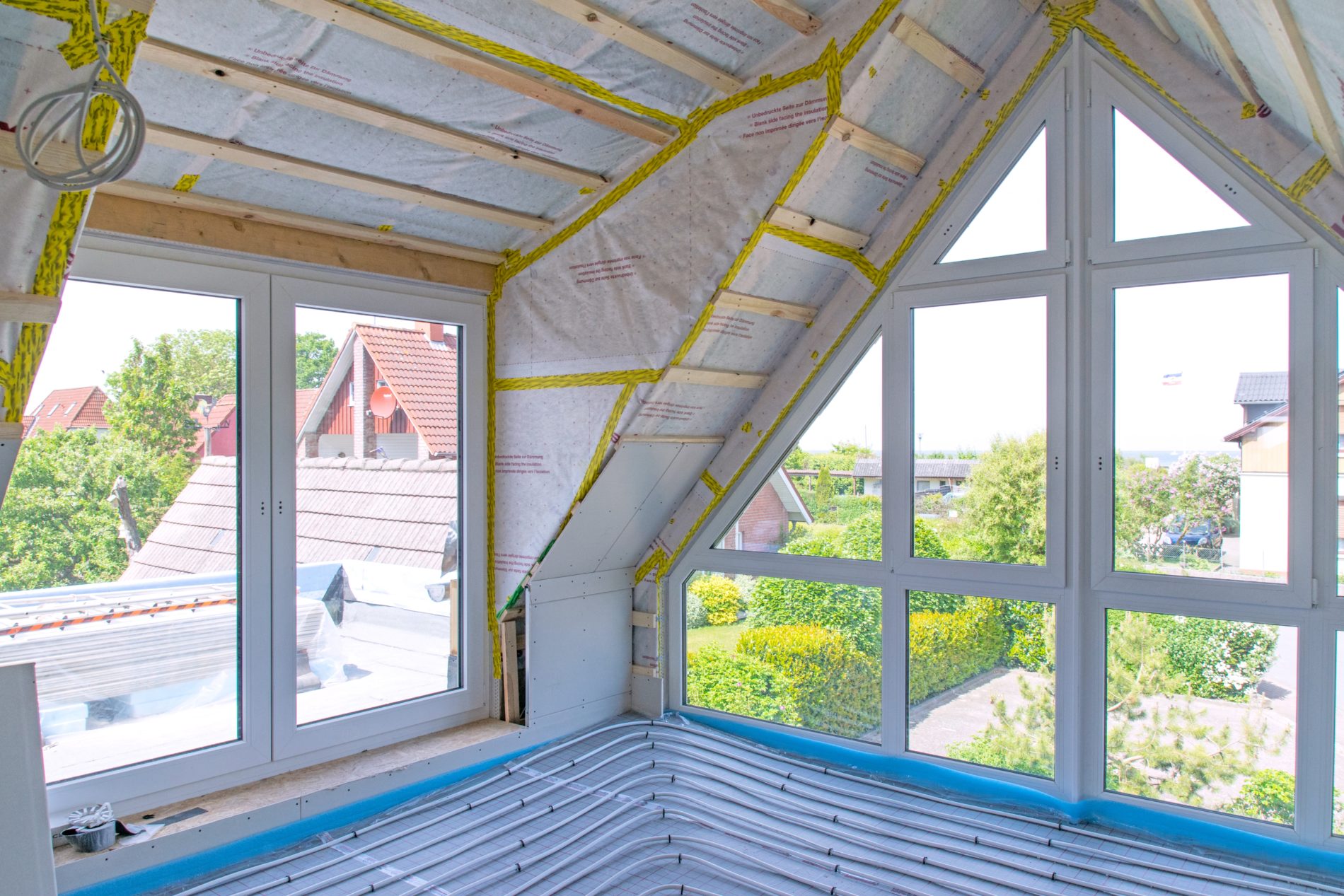
In the photo: Insulating your home is a great saver for you and the environment. Photo Credit: Petra Keßler
Learn to Say No
Stop buying things you don’t need!
Over consumption has become a huge issue since the end of World War II. The government needed us to spend more money. They concentrated all their efforts in making that happen with aggressive advertising schemes.
You need this in your life! Everyone has one, don’t miss out!
![]()
In the photo: Next time you go shopping think- Do I really need that? Photo Credit: Rawpixel
“Our enormously productive economy demands that we make consumption our way of life, that we convert the buying and use of goods into rituals, that we seek our spiritual satisfactions, our ego satisfactions, in consumption.
The measure of social status, of social acceptance, of prestige, is now to be found in our consumptive patterns.
The very meaning and significance of our lives today expressed in consumptive terms.
The greater the pressures upon the individual to conform to safe and accepted social standards, the more does he tend to express his aspirations and his individuality in terms of what he wears, drives, eats- his home, his car, his pattern of food serving, his hobbies”. An extract from a Paper by Victor Lebow a 20th-century economist.
By only buying the things we really need, we reduce consumption and waste thus having a positive effect on the planet and our living conditions.
Remember leading a more sustainable lifestyle is a journey but every little switch helps. What switches could you make this week in your home? Let us know in the comments section below.
“The people who make the biggest difference are the ones who do the little things consistently” Anon


